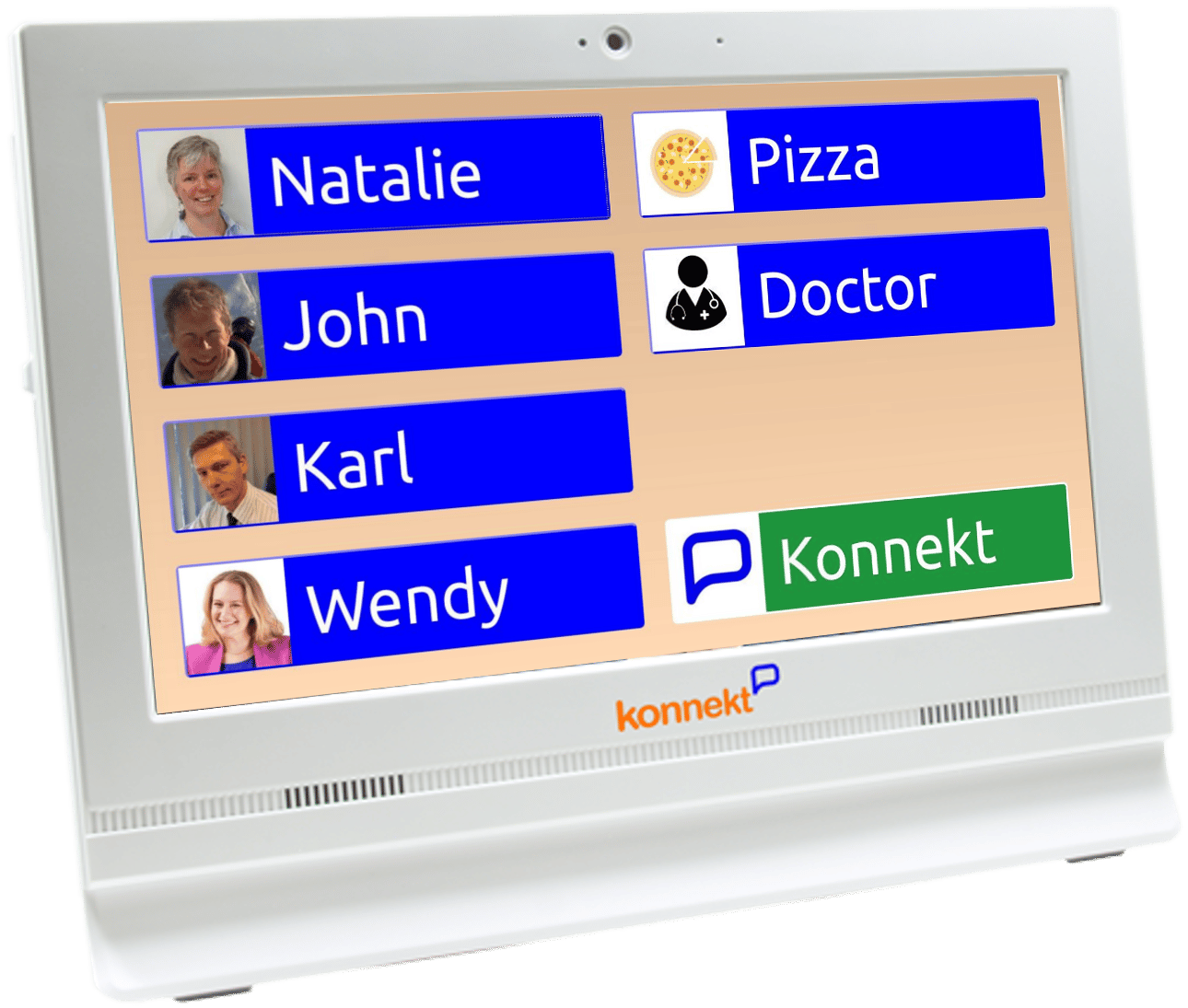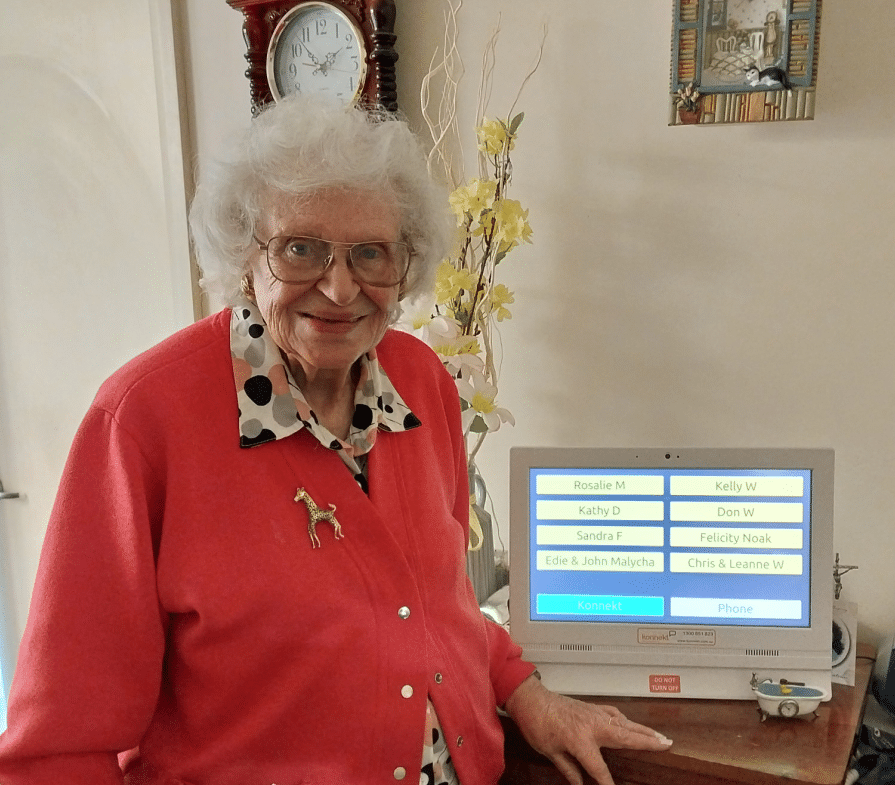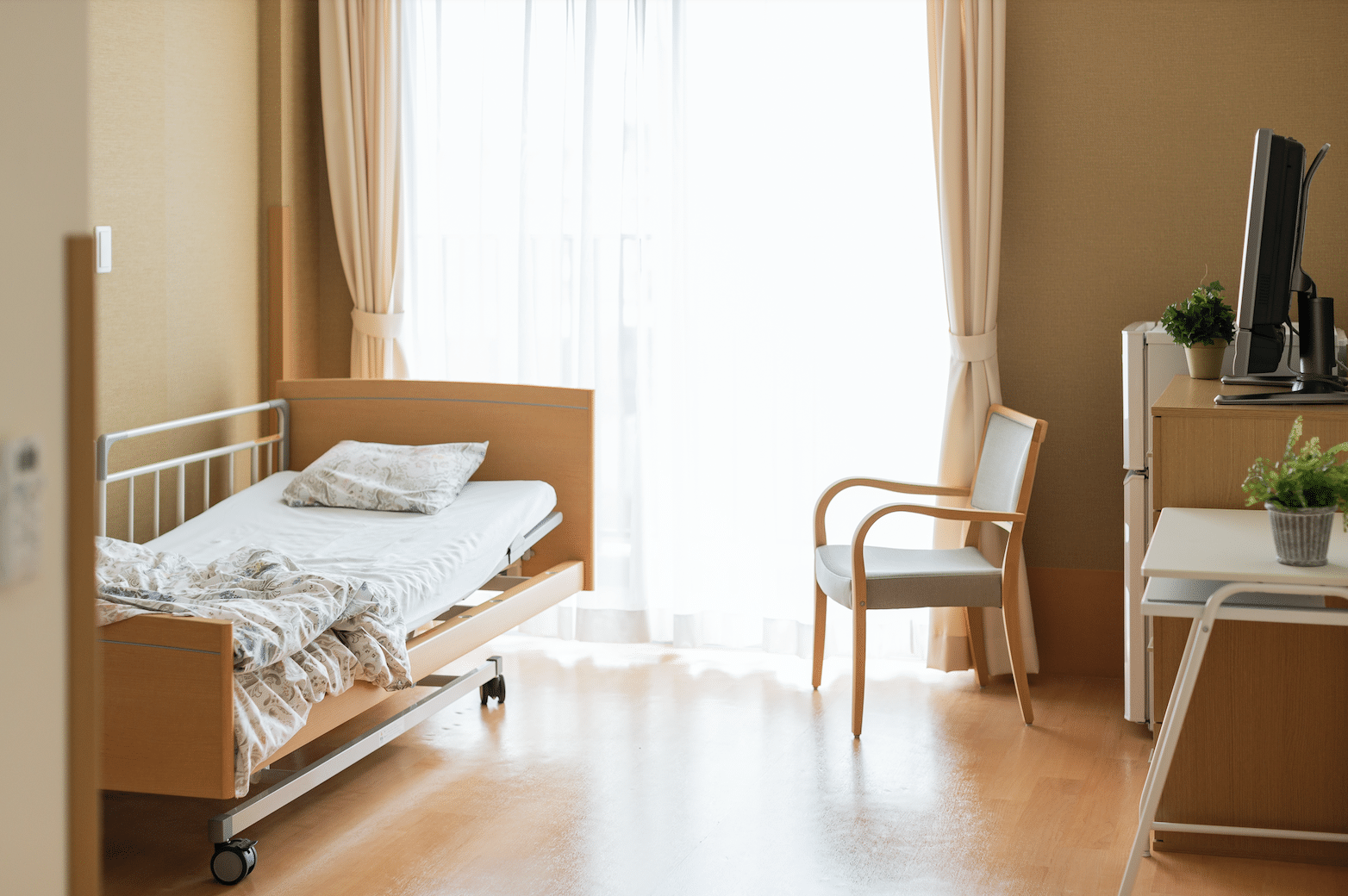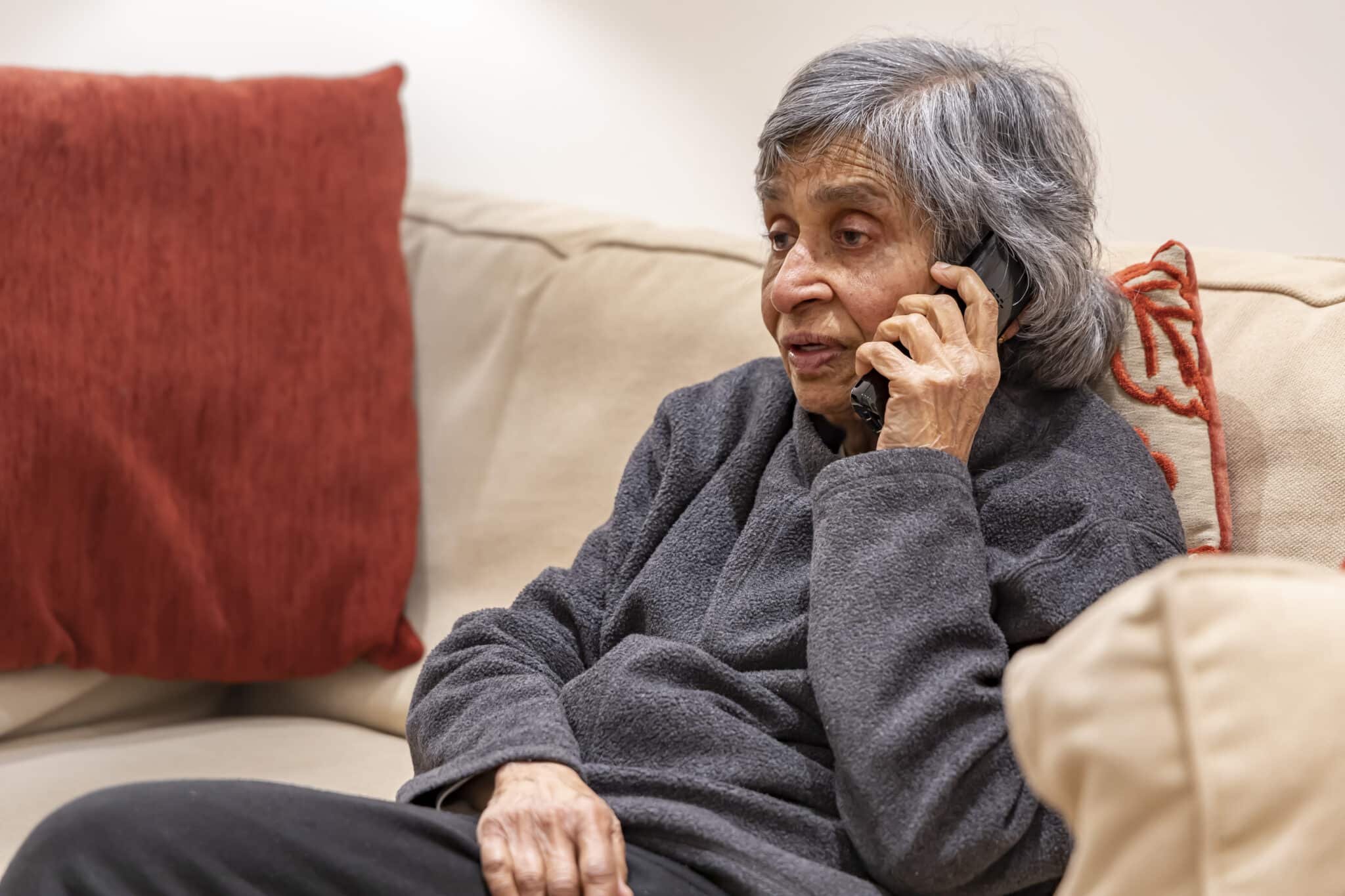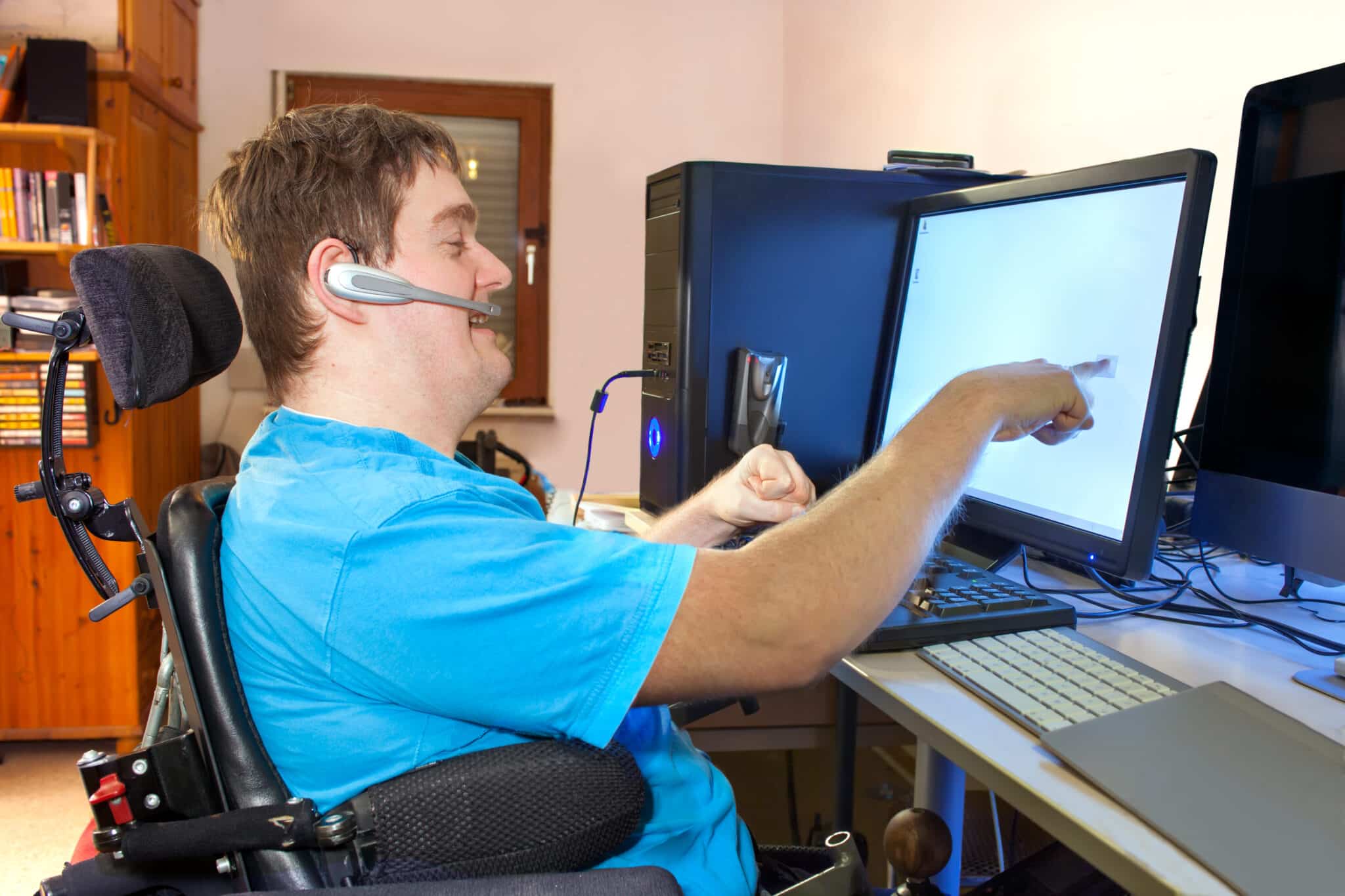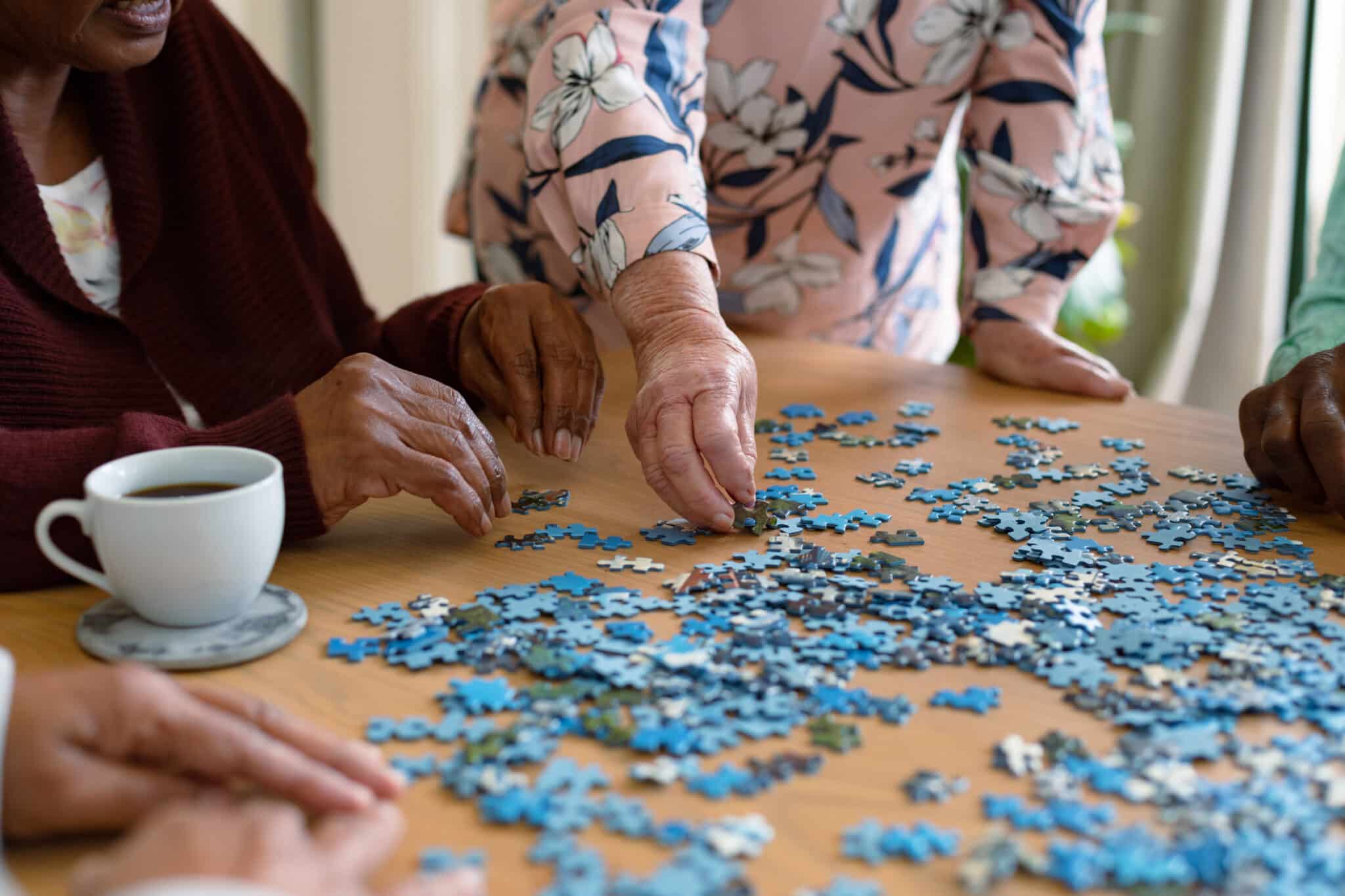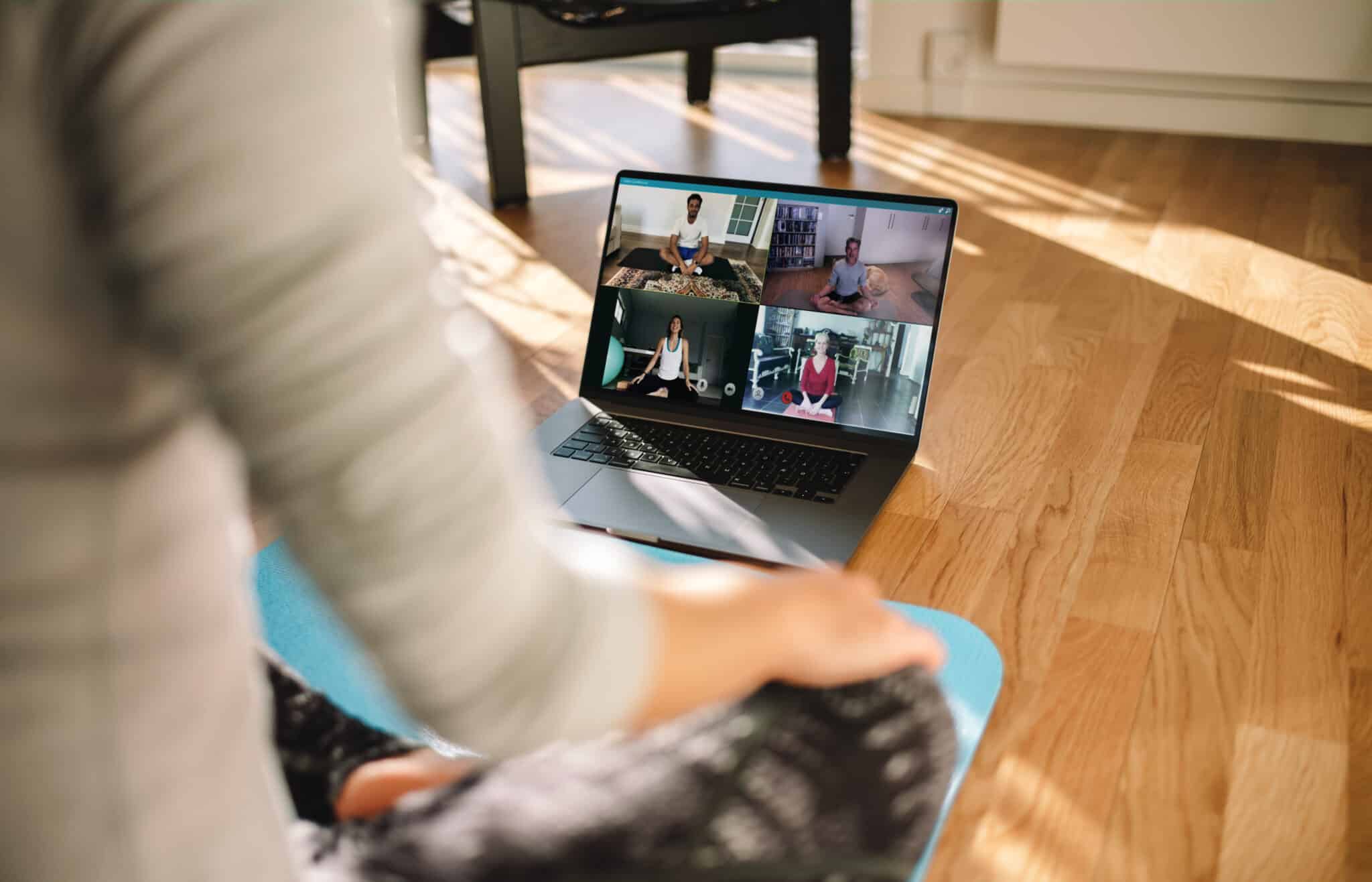Written by Xingyi Wu, Aug 2019:
Is it Memory Loss or Dementia?
Have you ever found yourself looking for misplaced car keys or forgetting somebody’s name, but remembering later? We all have lapses in memory occasionally. Although frustrating, they aren’t reason to worry.
Dementia memory loss is different. A person with dementia might completely forget what car keys are used for. Dementia can affect a person’s ability to carry out otherwise simple tasks. It impacts short-term memory first, and it generally worsens over time.
Age-related memory loss can be differentiated from dementia. Below are some examples to help you distinguish between them.

Memory loss may affect you or a loved one.
Age-related memory loss is normal.
Dementia, however, can lead to trouble handling complicated tasks (early stage), impaired personal care and relationships (middle stage), and swallowing and continence problems (late stage).
Age-Related Memory Loss
Dementia tends to be associated with old age, but not all seniors develop dementia. Dementia is not a normal part of getting older.
As people age, it’s common to forget small things. You may forget where you leave your glasses, only to find them later on. Absent-mindedness and small memory lapses are normal and generally won’t affect your day-to-day activities or disrupt your ability to live independently or attend work.
Read our article that describes 3 ways on how to improve memory.
Dementia Memory Loss
Dementia is a broad term used to describe symptoms that may affect a person’s ability to perform everyday tasks, think and behave.
Early signs of dementia are subtle and may not be obvious even to friends. Symptoms tend to vary a great deal. Signs and symptoms of dementia are typically noticed by families approximately three years before an official diagnosis is given.
Read our article on how to help prevent dementia.
One of the recognisable signs that you may have dementia is memory loss. Other signs might include:
Trouble performing familiar tasks: People can get easily distracted and may forget, from time to time, to brush their teeth. A person who has dementia, however, may have trouble remembering the steps required to brush their teeth.
Misplacing things: It is normal to accidentally misplace a wallet or keys. A person suffering from dementia could put these things in inappropriate places such as a refrigerator or rubbish bin.
Getting lost or disorientated: It’s easy to lose one’s way in a new place. Dementia patients may become lost in familiar places or may be unable to follow simple directions.
Decision making: A person suffering with dementia may display poor judgment or behave in socially inappropriate ways.
Language skills: With dementia, it becomes increasingly common to accidentally use the wrong words in conversation – saying “Bath” instead of “Oven”, for example.
Find out 8 ways you can help an elderly parent or friend suffering from dementia.
Distinguishing Between Age-Related Memory Loss and Dementia
| Normal age-related memory loss | Memory loss that may indicate dementia |
| Misplacing car keys | Completely forgetting the purpose of car keys |
| Forgetting a person’s name, but recalling it later | Constantly forgetting names including family members |
| Unable to perform everyday tasks while tired or unwell | Unable to perform tasks such as dressing and cooking without assistance |
| Having to occasionally use calendars / reminders to remember events | Forgetting important events or key dates frequently |
| You are slightly worried about your memory but friends and relatives are not | Family members worry about your memory, but you are unaware or unwilling to listen to them |
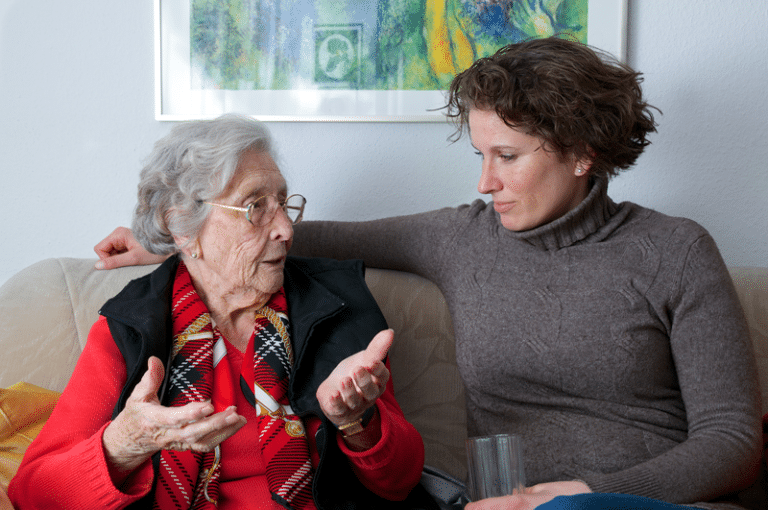
Memory lapses happen to all of us occasionally, especially when we’re tired or ill.
Dementia signs and symptoms are typically noticed by close family approximately three years before an official diagnosis is given.
Mild Cognitive Impairment (MCI)
Mild Cognitive Impairment (MCI) is seen as a middle-ground between normal age-related memory loss and dementia. MCI can encompass more frequent memory lapses, errors in judgment, and problems with language and thinking, far beyond what is considered to be normal.
A person with Mild Cognitive Impairment is still able to function and carry out day-to-day activities, unlike those diagnosed with dementia.
Whilst most people who have MCI may go on to develop dementia, it doesn’t mean that everybody will. Some may experience a very slow decline in memory and may not develop or display all the symptoms associated with dementia.
Increased face-to-face calling linked to brain health
A recent dementia medical study showed that video conversation improved cognitive function. Read more.
When should you see a doctor?
Importance of diagnosis
Knowing when to see a doctor about memory loss concerns is important. Accepting the possibility of dementia is difficult. Many people continue to cope, or appear to cope, quite well. If they live independently, they may hide it from family successfully until symptoms become more severe.
If you have a family member or friend who you believe may have dementia, make an appointment as soon as possible to see a doctor. Because symptoms and the speed of decline vary, it is important to take preventative steps early before it becomes a larger problem. A doctor will evaluate symptoms and help you understand and receive the appropriate care that is required. An early diagnosis can potentially improve the quality of life for a dementia sufferer.
A health professional may recommend addressing the preventable dementia risk factors.
Things to expect about the visit to a doctor
A doctor will ask you questions in order to properly diagnose and determine the degree of memory loss. A family member or close friend should accompany you to answer questions based on their personal observations.
Some questions your doctor may ask:
- How long have you been having memory problems?
- Are you taking any medications, if so what dosage?
- Do you find regular tasks difficult that you once didn’t?
- Do you drink alcohol, if so, how much?
- Do you feel sad or depressed?
- Has there been a major change in your life?
Konnekt Videophone for memory loss
- Dementia Phone designed to help with memory loss
- Videophone can significantly increase face-to-face conversation
- Increased social engagement via video calling is shown in medical studies to be a promising intervention for improving cognitive function
- World’s easiest user interface promotes frequent calling
- Reinforces the connection between names and faces
Compensating for memory loss
It is important to take steps to assist a family member or friend with dementia. Helping a person live with dementia will improve their life and help instil independence.
Written instructions
People who are still able to live at home independently dealing with dementia may forget temporarily how to use domestic appliances.
Place instructional signs with easy-to-follow steps on complicated devices, such as a microwave ovens and television remotes. This can help them to remain independent and even boost their self-esteem.
Consider the following tactics:
- Include pictures
- Use bright colours
- Provide clear steps
Recognising time and day
Clocks and calendars are very important to people suffering from dementia.
Patients need help to read the time and recognise whether it is day or night. It is important to their daily routine, their medication compliance and to help keep appointments.
In each living area, place a large clock that includes day, date and month to help them structure their day. Find a clock that both plugs into a power point and uses batteries so that it will contintue to work during electrical outages.
Eliminate worries about medication
Medication management can be difficult for a person living with dementia.
A video call reminder — from a loved one — is a far more effective way to help a dementia patient with medication compliance than the use of a medication reminder talking clock. A face-to-face call is something they look forward to, and is itself a reward rather than an annoying alarm that simply reminds them of their affliction. Unlike a regular telephone call, you can watch them take the medication during the call.
Consider installing a communication aid to improve your loved one’s quality of life and to eliminate the worry of them not taking important medication. Technology has made it easier than ever to stay in contact with loved ones.
Konnekt’s Videophone is an example of a video calling device that can help eliminate any concerns you may have that a loved one suffering from dementia is failing to take medication and risking their health.
Get help now
Find out how Konnekt Videophone works. To trial a Videophone, just contact us and we’ll do the rest.

